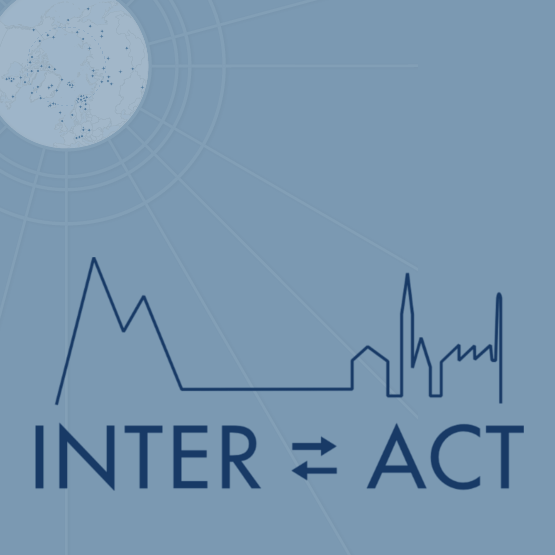INTERACT
International Network for Terrestrial Research and Monitoring in the Arctic
Environmental change and particularly amplified global climate change are accelerating in the Arctic. These changes already affect local residents and feedback from the Arctic's land surface to the climate system, will have global implications. However, climate change and its impacts are variable throughout the wide environmental and land use envelopes of the Arctic. Unfortunately, the Arctic is generally remote, sparsely populated and research and monitoring activities are more restricted in time and space than elsewhere. This limitation comes when there is a rapidly expanding need for knowledge as well as increasing technological opportunities to make data collection in the field and accessibility more efficient.
INTERACT is a network under the auspices of SCANNET, a circumarctic network of terrestrial field bases. INTERACT specifically seeks to build capacity for research and monitoring in the European Arctic and beyond. Partnerships will be established between Station Managers and researchers within Joint Research Activities that will develop more efficient networks of sensors to measure changing environmental conditions and make data storage and accessibility more efficient through a single portal. New communities of researchers will be offered access to Arctic terrestrial infrastructures while local stakeholders as well as major international organisations will be involved in interactions with the infrastructures.
This will lead to increased public awareness of environmental change and methods to adapt to them, increased access to information for education at all levels, and input to major international research and assessment programmes. The whole consortium will form a coherent and integrated unit working within a concept of a wide environmental and land use envelopes in which local conditions determine the directions and magnitudes of environmental change whereas the balance and synergies of processes integrated across the whole region have global impacts.





